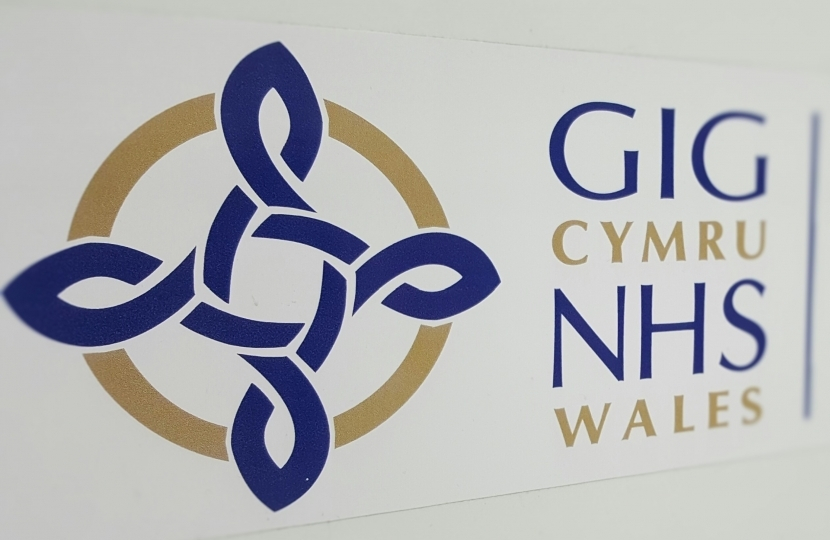
The cold of the winter brings with it additional pressures for the NHS.
Common sense dictates – and history shows – that with harsh weather comes increased demand, particularly in our accident and emergency departments.
It is a harsh reality that more people require treatment and unscheduled care during colder times of the year, not just in Wales, but across the UK. This additional demand can put a strain on services, leads to problems and delays.
This was demonstrated in North Wales just before Christmas when troubled Betsi Cadwaladr University Health Board declared an "internal critical incident".
The health board stated that it was struggling to cope with the "prolonged and significant demand" on the health system.
The situation came as no surprise to me, those working in the health board, and anyone who has recently attended an emergency department, given that the NHS in North Wales seems to be under year round pressure.
The fundamental challenge facing the health service in the region is the lack of staff and beds in our hospitals.
The Welsh Government has failed to train enough doctors and nurses for decades and the chickens are now coming home to roost and their plans to cut the health budget next year will only make this situation worse.
Meanwhile, in a move that will only put patients at further risk and place our NHS under further pressure, the First Minister has chosen to advise that doctors discharge patients without a proper care package in place!
The people of Wales should not have to accept that ambulance response times are the slowest on record for the fourth month running, that Wales still has the worst A&E waits in Britain (Latest statistics showed that an astonishing 51% of patients had to wait over four hours at emergency departments in Ysbyty Glan Clwyd, making it the worst performing site in Wales), and that nearly a quarter (24%) of the Welsh population are on a waiting list, with the number of people waiting over two years for treatment now at 54,491, despite such waits being virtually eliminated in England and Scotland.
As Welsh Conservative Leader Andrew RT Davies recently stated in relation to health services, “Whilst the pandemic has had a major impact, Labour’s mismanagement has made the backlogs worse.”
And, it is not just politicians in opposition in Wales who are urging the Welsh Government to take immediate action to improve the situation, the Director of the Welsh NHS Confederation has said the NHS in Wales is on a knife-edge in terms of its ability to cope and that tough choices have to be made now to protect the health service.
Wales will only overcome having the slowest ambulance response on record, worst A&E waits, and longest NHS treatment list in Britain by learning best practice from other UK nations making progress.
Frontline NHS staff consistently do their very best to help us – even when the going gets tough – and I can’t praise them all enough for the incredible work that they do under increasingly challenging conditions.
We owe it to them as well as patients to rectify this mess the Welsh NHS is in. Therefore, instead of lurching from one crisis to the next, the Health Minister needs to outline a clear plan of action to turn this situation around once and for all.



